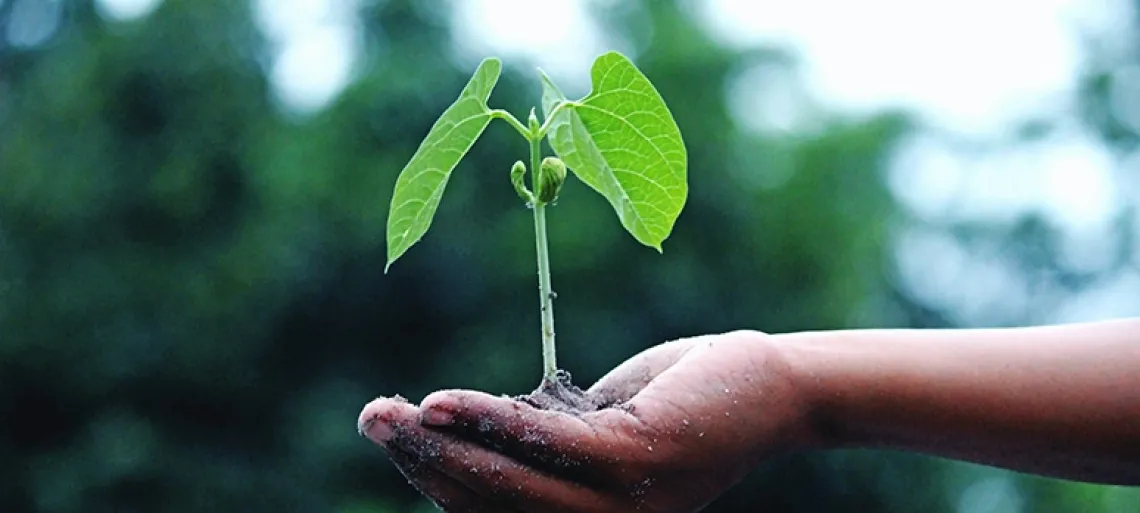
Feeling overwhelmed by constant adjustments and confused about the future has become part of our new “normal.” And for most of us, normal looks very different than it did even six months ago.
But there are hidden growth opportunities in all the stress we are undergoing.
Because we are living through such a challenging time, our resilience has grown, out of necessity, through our survival, reflection, and the decisions we have made.
Here are three questions you might consider asking yourself, to see what constructive lessons you may have learned in these last few months of the coronavirus pandemic.
Have your priorities changed?
Choices that you didn’t previously have to consider are now part of your cognitive process, such as how many groceries to stock up on or how to negotiate physical distancing when walking in public. You are in a constant process of negotiating your priorities, and then making decisions accordingly.
This reflection is also relevant to more impactful decisions, in terms of how you work, integrate work and life, and relate to your loved ones and communities. You choose what to devote your energies to, especially when resources may be scarce and therefore more precious. Many people have distilled their priorities, to see what is important through the clarified lens of surviving a pandemic.
When you live in accordance with your values, this congruency leads to more fulfillment and contentment and builds your resilience.
Accept that you, and members of your family, may need new sources of support in your daily lives. For instance, you shouldn’t feel ashamed of an increase in “screen time” if those electronic devices help you and your loved ones stay connected or carry out your responsibilities during this extraordinary experience.
Has your focus on self-care shifted?
A new way of bidding farewell includes the addition of “stay safe.” This kind tag-on reflects an awareness that health cannot be presumed these days. Adapting to work and life because of the virus has caused significant stress, which impacts immune functioning. Focusing on your wellness is no longer optional.
Many people have become more conscientious about their health and have developed new coping skills. They are breathing more and slowing down. Many are speaking openly about the importance of mental health. They are giving themselves permission to talk about vulnerabilities, anxieties, and fears – topics often loaded with stigma.
As you are weathering the pandemic, you may find that secrecy and avoidant tendencies diminish, and wellness is in the forefront of your thoughts and discussions. Resiliency is found in discovering and speaking the truth about the support you need.
Don’t miss the chance to model self-care for your family members, including the younger ones, and to dialog about these themes. This is a good opportunity to empower your loved ones to embrace self-compassion as a regular practice.
Are you regularly having honest conversations?
Now, more than ever, you may recognize the value of being physically close to loved ones. A hug, a kiss, or a handshake can no longer be taken for granted. Without those simple touches, you likely have had to look for new ways to stay emotionally close. Feeling connected to others helps you stay mentally healthy.
Emotional connection is important for children, too. Their development relies on safe and loving relationships. During challenging times like these, parents and other adults in kids’ lives can buffer negative effects of anxiety and uncertainty. A caring environment allows children to cope with adversity, adapt to changes, and regulate their emotions.
Yet you cannot isolate younger ones from reality. Hiding your emotions or dismissing your children’s worries is not healthy for you or your kids.
Take the time to talk to your family members, including the children, as well as your friends and co-workers. Allow these relationships to support you and to help you become more resilient. (And remember to practice physical distancing!)
It may feel difficult – or even disingenuous – to seek a silver lining in all the distress we’re experiencing. However, acknowledging and cultivating positive changes during a crisis will, in fact, build our ability to recover from the stress that the world is sending our way.
So, in the midst of the uncertainty, we can try to take a moment to reassess our priorities, reinvest in our self-care strategies, and connect authentically with the people who matter to us. Through inquiry and gentle curiosity, we can transform a time of adversity into a time of deeper understanding, compassion, and resilience.

